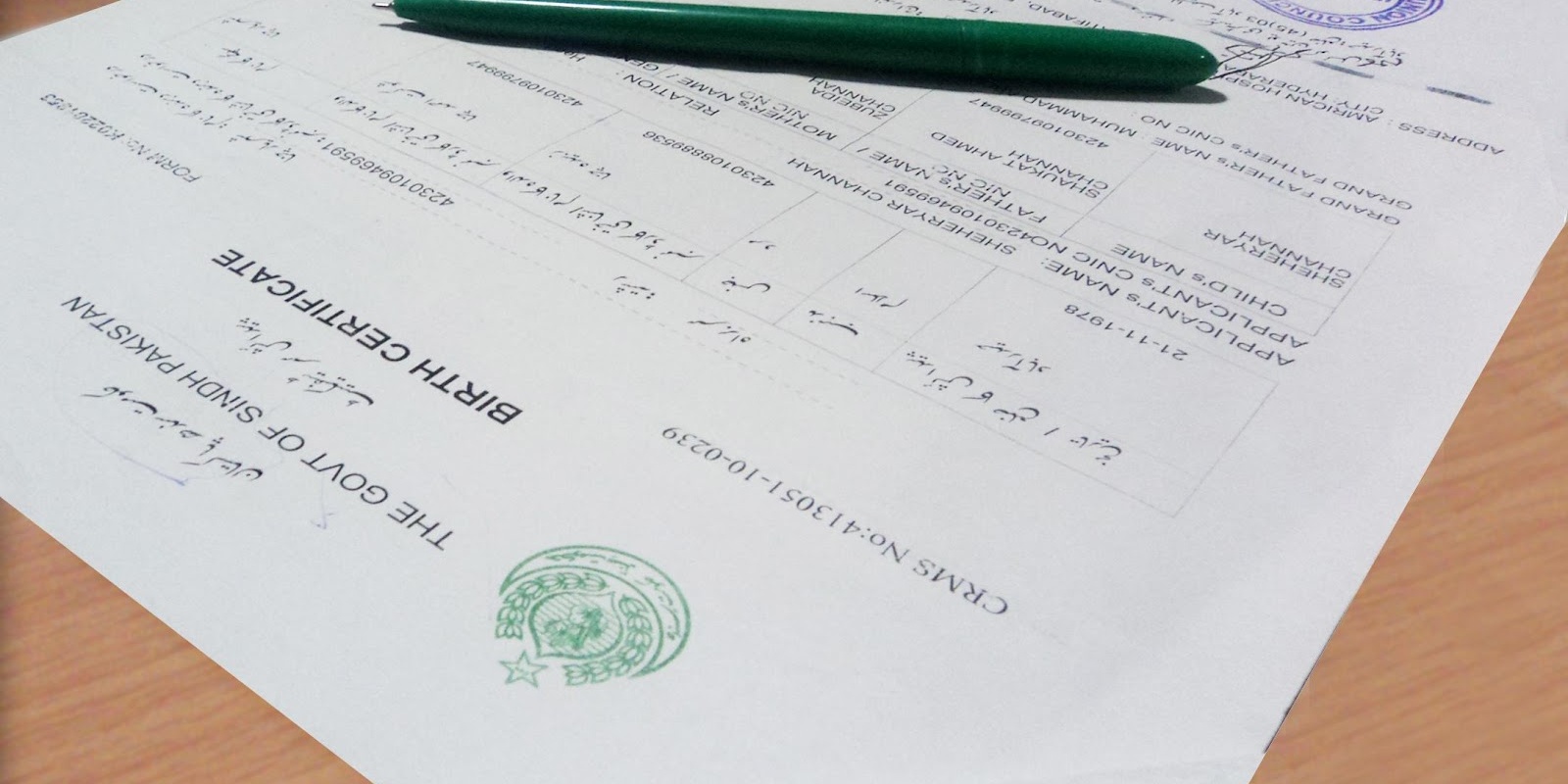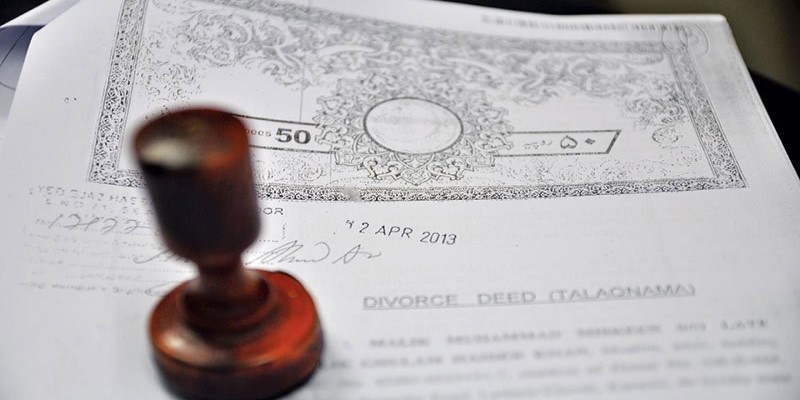What’s the difference between legal separation and divorce in Illinois state law? In this article, we will explain what is legal separation under Illinois law. Also, do you need to move out before you can file a divorce suit?
If you are like most people, you probably know at least one couple in your life who is currently “separated.” Such a couple might be experiencing a rough patch in their marriage, leaving them uncertain about the future. One of the spouses may have moved out and found a new place, or they may be staying with friends or family on a temporary basis while they decide whether to continue the marriage or pursue a divorce.
These so-called “trial separations” are not uncommon in today’s world, and to an extent, they make sense. In fact, they are common enough that they might lead you to believe that separation is a prerequisite for getting divorced. But, is a separation required by law? The simple answer is “no,” but if your marriage has fallen on hard times, there are a few things you should know before you make any decisions about a separation, moving out, and a possible divorce.
What is Legal Separation?
Have you ever filled out a form or an application that asked you about your marital status? On many such forms, one of the options is often “Separated” or, in some cases, “Legally Separated.” What most of us commonly refer to as “separated”—as in the trial separation example above—is not recognized as a legal separation under Illinois law. Living in separate homes is not enough for an Illinois couple to be legally separated.
Legal separation is a formal legal status that can only be granted through a judgment of legal separation issued by the court. A legal separation is similar to a divorce in that the couple must address issues such as spousal maintenance, child custody, and child support, as appropriate, or the court will do so for the couple.
During legal separation proceedings, the court will not force the couple to divide their property, but the couple may come to an agreement on their own, and the court can include this agreement in the separation judgment. After the judgment of separation, the couple remains legally married. The marriage will only be dissolved if the couple subsequently pursues a divorce.
Read Also: 10 Reasons to Use Mediation for Your Divorce
Living Separate and Apart
Illinois law does not require a couple to obtain a legal separation before getting divorced. In fact, the two processes are not really related to one another from a legal perspective. The concept of “living separate and apart,” however, is related to both legal separation and divorce.
Living separate and apart, according to Illinois statutes and case law, means that the spouses generally reside in separate homes and lead separate lives, to the extent possible for a married couple. Depending on the circumstances, however, it may be possible to live separate and apart under the same roof, but situations like this are not as common.
Now that we know what living separate and apart means
How Does it Apply to Legal Separation and Divorce in Illinois?
In order to obtain a legal separation, a couple must be living separately and apart at the time of the petition for legal separation.
The same is not true in a divorce case, however. Currently, you do not need to be living separately and apart to get divorced in Illinois, but that was not always the situation.
Recent History of Illinois Divorce Laws
In 2016, the Illinois legislature enacted sweeping changes to the state’s laws that govern divorce. One of the major reforms was the elimination of “fault” divorce in the state. Prior to the update, there were several fault-based grounds on which a person could obtain a divorce.
These included marital infidelity, mental and physical cruelty, abandonment, and a pattern of substance abuse or addiction.
To get divorced on fault grounds, the filing spouse had to prove that the other spouse engaged in the behavior in question. There was no requirement to live separate and apart before a fault divorce could be granted.
Read Also: Format of Suit of Dissolution of Marriage on the Basis of Khula
“No-fault” divorce based on the grounds of irreconcilable differences has been available in Illinois since the mid-1980s. Prior to 2016, however, one of the requirements for a no-fault divorce was that the spouses had to live separately and apart for a period of two years before the divorce could be granted.
If the spouses agreed, it was possible to reduce the period of separation to six months, but the law did not allow the spouses to waive the separation period completely.
To summarize Illinois divorce laws before 2016, it was possible to get divorced without a separation period, but only if you got divorced on fault grounds. A no-fault divorce required at least six months of living separate and apart.
An Updated Approach to Divorce Law
With the 2016 elimination of fault-based divorce, Illinois was left as a purely no-fault divorce state. Since 2016, all divorces in the state are granted on the basis of irreconcilable differences. But, what about the separation period?
The required separation period was intended to make sure that the couple was serious about wanting to end their marriage, but it had the unintended effect of trapping unhappy spouses in a state of limbo.
During the separation period, it was virtually impossible for either spouse to begin building a new life, as they were still legally married. When Illinois lawmakers passed the family law reform bill in late 2015, they recognized that many couples were simply “watching the clock,” so to speak, as they waited for the six months (or two years) to pass so they could obtain their divorce judgment.
With this in mind, the 2016 reforms eliminated the separation requirement for no-fault divorces. Today, there is no required separation period at all, and a couple can file for and obtain a divorce while still living together if they choose to do so.
The concept of living separate and apart is still a part of the law in Illinois, but it is only used now if one of the spouses refuses to acknowledge that the marriage is over. In cases like this, a six-month period of living separate and apart will be accepted by a court as “irrebuttable proof” that there are irreconcilable differences between the spouses.
This means if your spouse does not consent to the divorce, the longest you will have to wait is six months before the court can push the proceedings along anyway. Now, this is all about legal separation and divorce in Illinois. If you have any questions kindly share with us.
Call a Qualified Divorce Attorney for Help
If you are looking at the possibility of divorce, there are many things you will need to think about. The good news is that you do not need to manage the process on your own.
Contact an experienced Kane County divorce attorney to get the guidance you need as you pursue the happier, healthier new life that you deserve.






